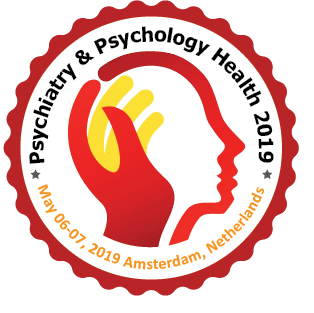
Emiel Martens
University of Amsterdam, The Netherlands
Title: The failing treatment of complex ptsd: an auto-ethnography of trauma and secondary trauma
Biography
Biography: Emiel Martens
Abstract
The majority of the mental healthcare clients are treated for psychological problems after violence or abuse during their childhood and adolescence. Usually, they receive a form of psychotherapy (nowadays often in combination with EMDR) to deal with their early trauma and to reduce their mental issues, particularly anxiety and mistrust in intimate relationships. Despite this intensive treatment of traumatic experiences, people with a complex post-traumatic stress disorder (cPTSD) and other trauma-related disorders are often not helped in a productive way. In this auto-ethnography, Dr. Emiel Martens will argue, on basis of his own experience of a relationship with a partner with cPTSD, that therapists (including couple therapists) run the risk of taking the client’s distorted worldview of fear and suspicion to be the truth. As a result, their psychological problems largely remain out of the picture – and as such the trauma is not dealt with and often even strengthened. In addition, the trauma is also often transferred to their children and partners, because people with complex trauma cannot break the cycle of abuse, physical and/or emotional, they have grown up with. Martens calls for more insight into the impact of complex PTSD on intimate relationships based on the experiences of family and friends. Involving and listening to them, and partners of people with cPTSD in particular, in the treatment (including couple therapy) could, according to Martens, avoid a great deal of confusion, misunderstanding, sadness, pain and even trauma, both among people with cPTSD and their loved ones.

